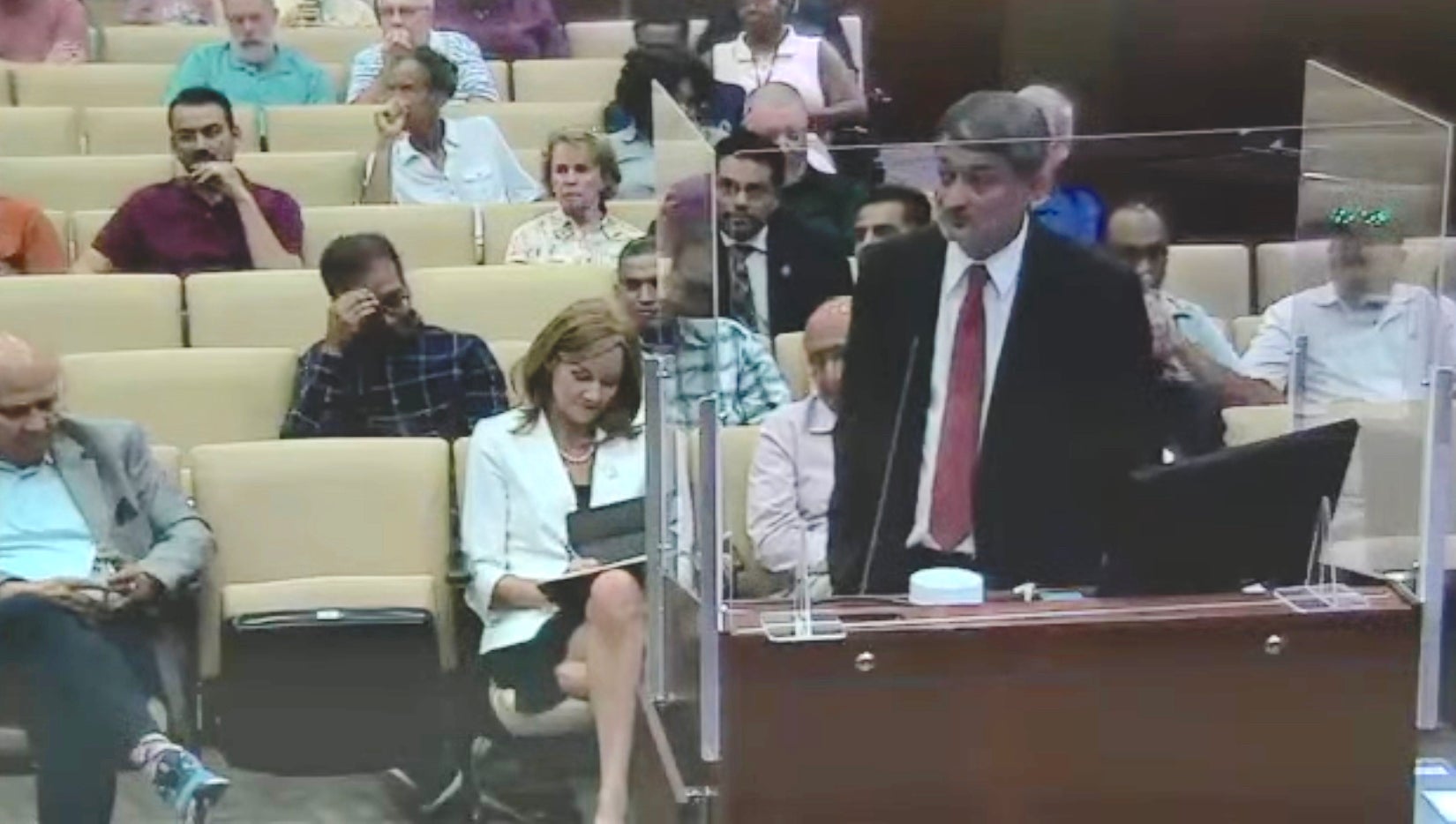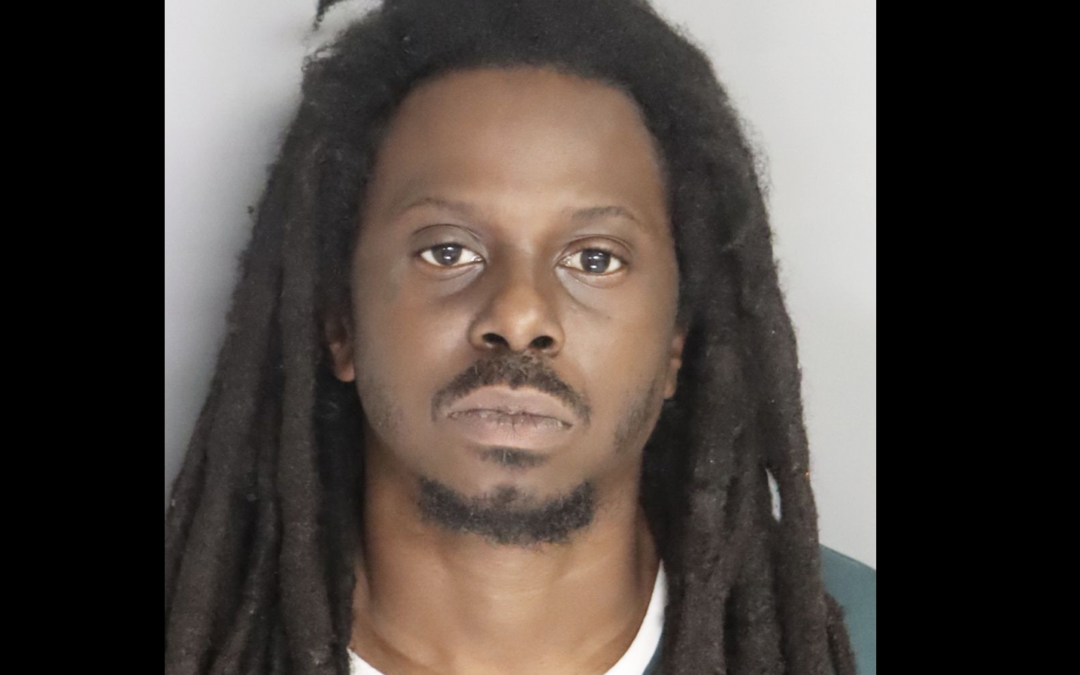The rights of hoteliers versus those of the homeless took center stage at a Tuesday meeting of the Augusta Commission.
Representing more than 1,400 Georgia hoteliers – 68.3% of the state’s hotels – Asian-American Hotel Owners Association President Laura Blake said hoteliers nationwide suffer from community “confusion” over how to evict guests who overstay their welcome.
“Guests are overstaying in their rooms, not paying, and refusing to leave,” she said.
Augusta hotelier Manoj Patel told commissioners that local law enforcement is increasingly unwilling to assist with evictions.
Patel and several other Augusta hoteliers recently threatened to sue the Richmond County Sheriff’s Office for not helping remove non-paying occupants from their hotels.
Without help from law enforcement, “hotel guests and transients quickly learn that law enforcement action in Richmond County is rare,” Patel said.
Hotel owners where police are called find themselves threatened with losing their business licenses or even being arrested, said Paresh Shah.
“Instead of assisting, they’ve actually been handcuffed for creating a nuisance on their own property, which kind of sends confusing messages to us,” he said.
Although the commission can revoke a business license, it otherwise has “no control” over the Richmond County Sheriff’s Office, which is headed by a countywide elected official, the sheriff, Commissioner Wayne Guilfoyle said.
Guilfoyle said 19 Washington Road businesses had signed up for the new sheriff’s office program granting deputies permission to go on private property and take action even if the owner is not present.
“I would actually take that olive leaf and put it to use,” he said.
Commissioner Sean Frantom, who represents the Washington Road corridor, said some hoteliers should do more to protect their investment.
“We have hotels over there where the sheriff’s department has been called over 200 times a month, and we’ve got some hotels that have private security and don’t have a lot of issues,” Frantom said.
Trespassing or squatting?
Blake said her organization is working with the hoteliers to develop a clear distinction between hotel guests and landlord tenants, so law enforcement has “clear guidance when it is trespassing, when they can legitimately help to remove guests who are causing problems versus having to go through the whole court system for an eviction because it’s more of a landlord-apartment situation.”
Andy Sharma spoke Tuesday about his older parents needing law enforcement assistance with unruly guests at their hotel. After one threatened his father, police said they couldn’t do anything to help.
Mayor Garnett Johnson said the commission would ensure its members, the sheriff’s office and court officials were in attendance at an upcoming meeting with the hoteliers. Sheriff Richard Roundtree’s new partnership gives law enforcement more options and sends offenders directly to drug, veterans or mental health court, where most would end up.
The recent Supreme Court of Georgia ruling in Efficiency Lodge Inc. vs. Neason et al. did not address the issue in a definitive way, General Counsel Wayne Brown said.
“Even when a person goes into a hotel as an innkeeper guest,” Brown said, “the behavior of the parties can alter that. It’s critical that the hotel owner does not alter that relationship.”
The Supreme Court sent the case back to a lower court to decide if the plaintiffs were hotel guests or tenants of a hotel landlord for the purpose of being removed.
While guests who overstay can simply be locked out of their rooms, the plaintiffs had lived in an Atlanta extended-stay hotel for several years before falling behind on rent during the pandemic. Their status as either guest or tenant was critical but unclear and dependent on the intent of the parties, the court said. The guests cleaned their own units, received mail there and otherwise made them home. Rental agreements mentioned both “innkeeper guests” and the eviction process.
Commissioner Brandon Garrett asked for a show of hands from hoteliers where Richmond County schools buses pick up children each weekday. Several, both extended stay and short-term, raised their hands.
“It’s a bigger problem than just saying ‘hey, we’re going to sue you or we’re going to sue your sheriff because we don’t like the way you’re treating us,’” Garrett said. “There’s much bigger problems out there than making you go through the process of an eviction.”
Daniel New, head of the Asian hoteliers group, said the organization “has great relationships in other counties” with law enforcement. “That’s what we’re striving for today.”
Former Commissioner Moses Todd said Augusta should prepare for Senate Bill 62, which requires local governments to enforce bans on public camping and bans jurisdictions from relocating their homeless populations to other counties without permission.
Commissioner Jordan Johnson, who co-founded Augusta’s homelessness task force, encouraged the public to attend the task force’s monthly meetings. “Please roll up your sleeves and come to these meetings,” Johnson said, “so that we can move forward with solving this issue in Augusta-Richmond County, because it’s solvable. It’s a community issue.”
The group reached no conclusions Tuesday but agreed to meet again to continue the discussion.








